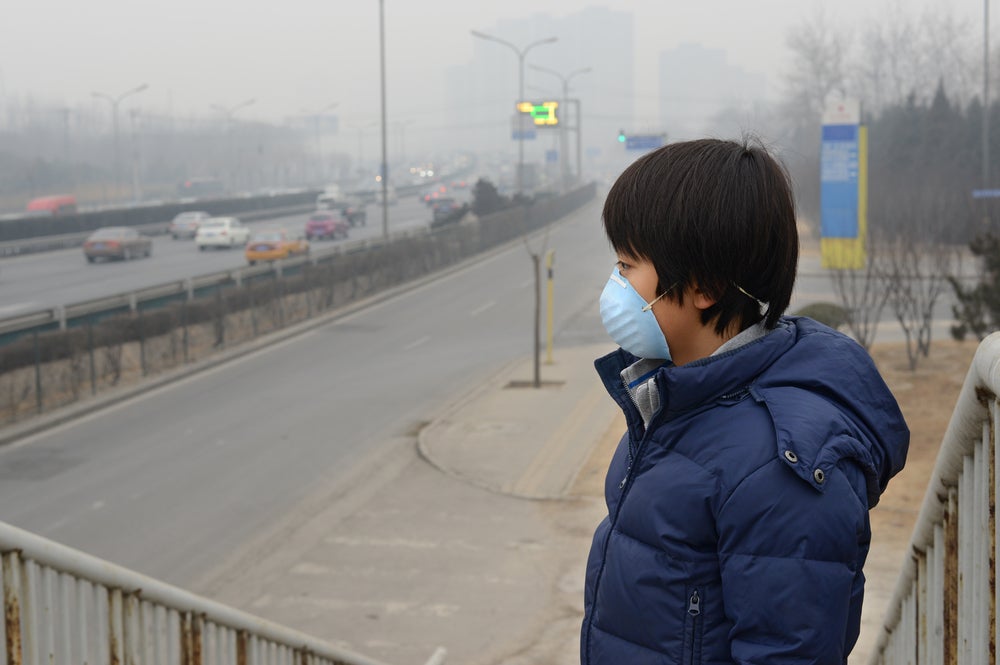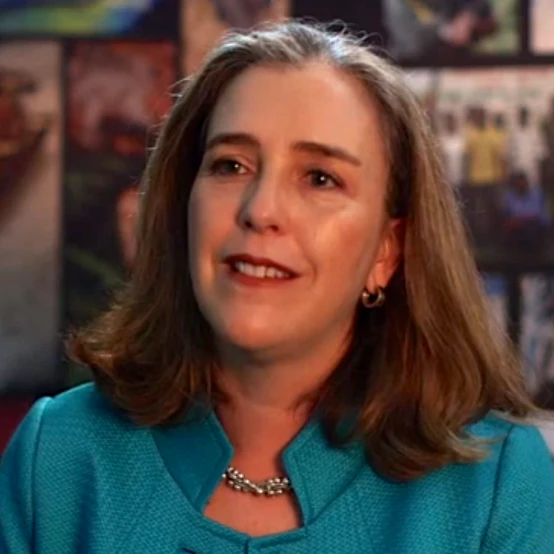When you combine death-by-smog with deaths related to exposure to dirty indoor air, contaminated land and unsafe water, the grand total of deaths from all pollution sources climbs to almost 9 million deaths each year worldwide. That’s more than 1 in 7 deaths and makes pollution deadlier than malnutrition.

This fact deserves to be better known, as there are ready solutions. Inaction is not an option.
Here are five reasons why we must work today to #endpollution in order to lift people out of poverty, keep them out of poverty, and generate conditions for all to lead long, healthy and productive lives:
1. Although pollution is global, it affects developing countries the most. About 95% of the 9 million deaths mentioned above occur in developing countries. Exposure to pollution stunts people’s life expectancy, quality of life and economic potential. It is a major hurdle to making progress on our poverty reduction goals.
2. The problem is about to get worse. Air pollution has been worsening on the heels of fast-paced urbanization over the last two decades. The global urban population is expected to double between now and 2050. Africa in particular, will see its urban population triple and will be home to an estimated 20% of the world’s urban citizens.
3. It’s often cheaper to act, than to pay for the costs of pollution. In many developing countries, the economic burden associated with deaths and illnesses related to environmental degradation is equivalent to between 2 and 4% of Gross Domestic Product. Investing in pollution control measures is often cheaper than paying for pollution-related health costs.
4. Action on pollution can deliver results for climate change. From investing in public and non-motorized transport, to cleaning industrial and agricultural processes, or disposing of waste safely, many of the measures that fight pollution also reduce greenhouse gas emissions.
5. Pollution is a solvable problem. Unlike diseases that have no cure, the daunting scale of climate change, or the mass extinction of biodiversity, the pathways to decisively tackle pollution are known and tested. Many of the policies, tools and technology are already in place to address the issue. Countries like Mexico, Chile and Thailand have made great strides in improving the air quality of their capital cities while continuing to grow physically and economically. We have learned from their successes and are working with countries to invest in solutions at scale.
Add your voice to the growing chorus around the world demanding decisive and immediate action on pollution.


Join the Conversation